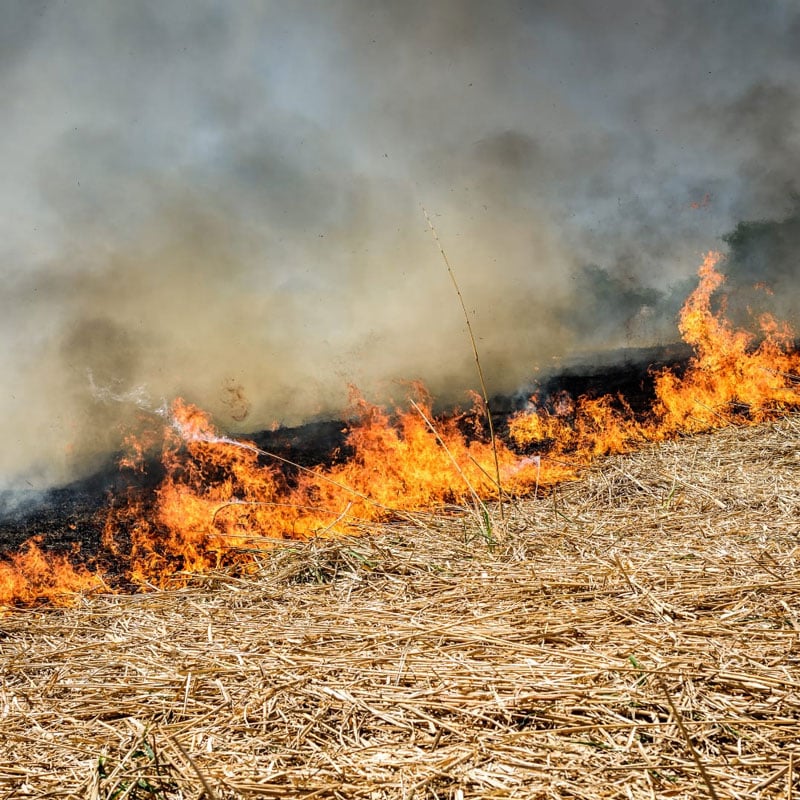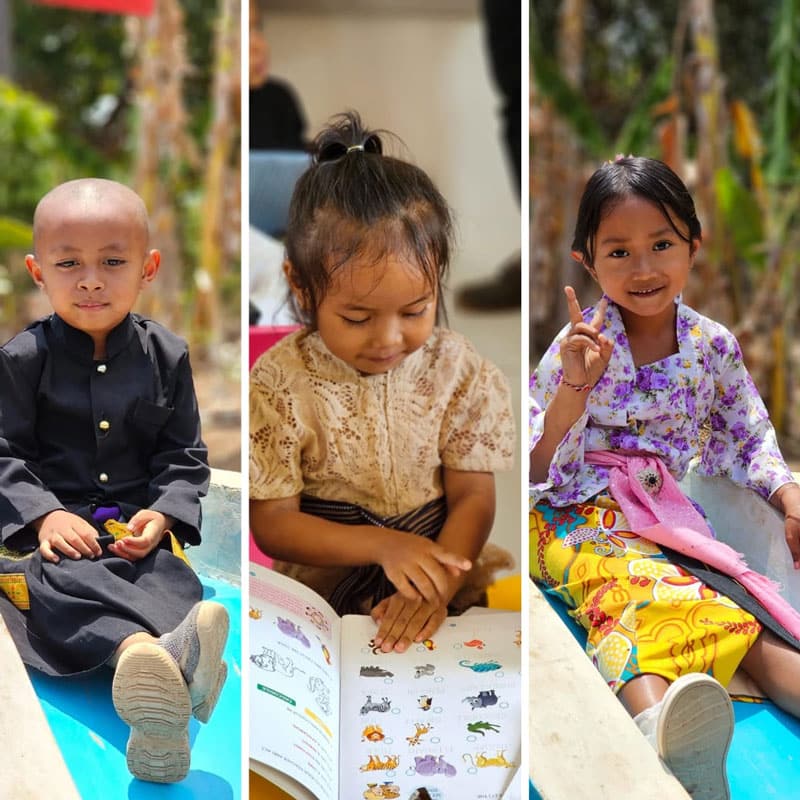Climate Change – How Your Organisation Can Make an Impact
Slash and Burn Agriculture
While slash-and-burn agriculture is part of a traditional livelihood in Indonesia, it leads to significant environmental challenges. According to the National Disaster Mitigation Agency, almost 3,000 hotspots were detected in Indonesia in mid-September 2023 alone.
In response, Our Goals is working towards education on more sustainable agricultural practices. By collaborating with local communities and educating children on the impact of biodiversity loss, we aim to create a mindset of caring for the local environment.


Plastic waste on Mandalika Beach, Lombok
A Mounting Problem: Plastic Waste
Indonesia grapples with massive amounts of plastic waste, largely unmanaged and ending up in oceans, harming marine life and posing public health risks. According to The World Bank, Indonesia generates approximately 7.8 million tons of plastic waste annually. 4.9 million tons of plastic waste is mismanaged and uncollected, disposed of in open dumps, or leaked from improperly managed landfills.
Indonesia’s struggle with plastic waste is daunting but not impossible. Our Goals’ approach includes community education and use of recycled plastic in the schools we build. 4 tons of recycled plastic are used in every school built.
Improving Access to Education
According to a World Bank survey conducted in some of the poorest districts, primary and preschool education faces significant challenges in rural and remote areas of Indonesia. The study found a glaring academic gap, with students performing two grades below their current level, highlighting the dire state of educational quality.
The quality of education is compromised by a lack of teacher qualifications and multi-grade teaching due to inadequate staffing. At Our Goals, we help address these challenges by employing local teachers and providing quality education to underserved students.
